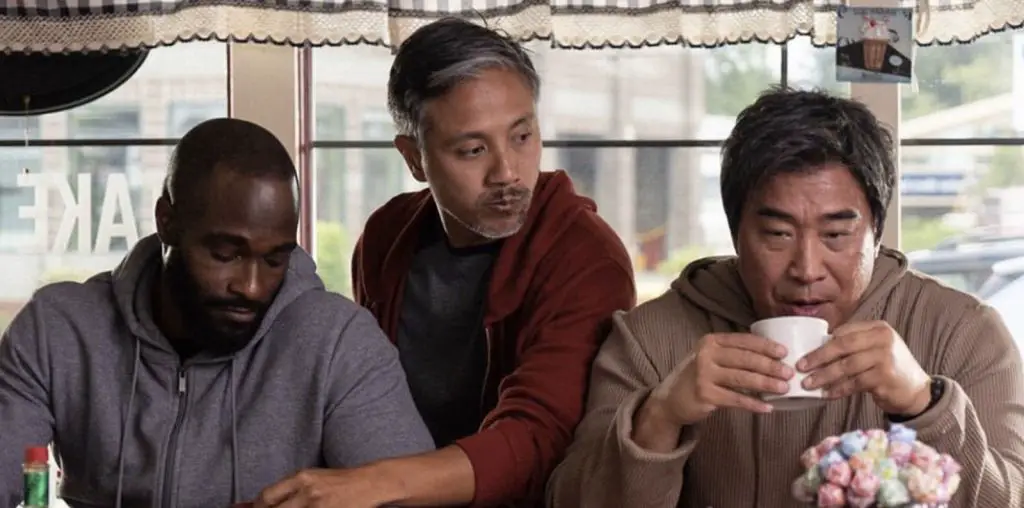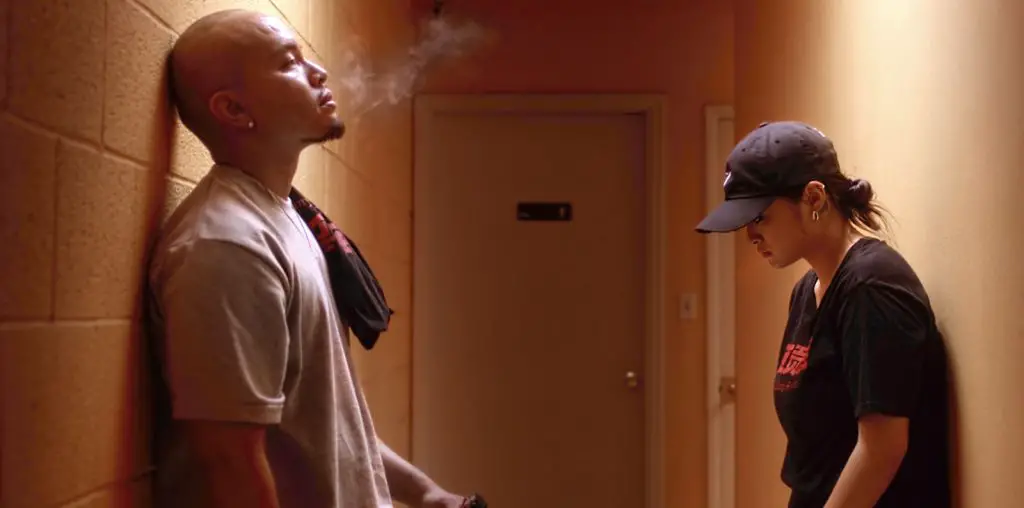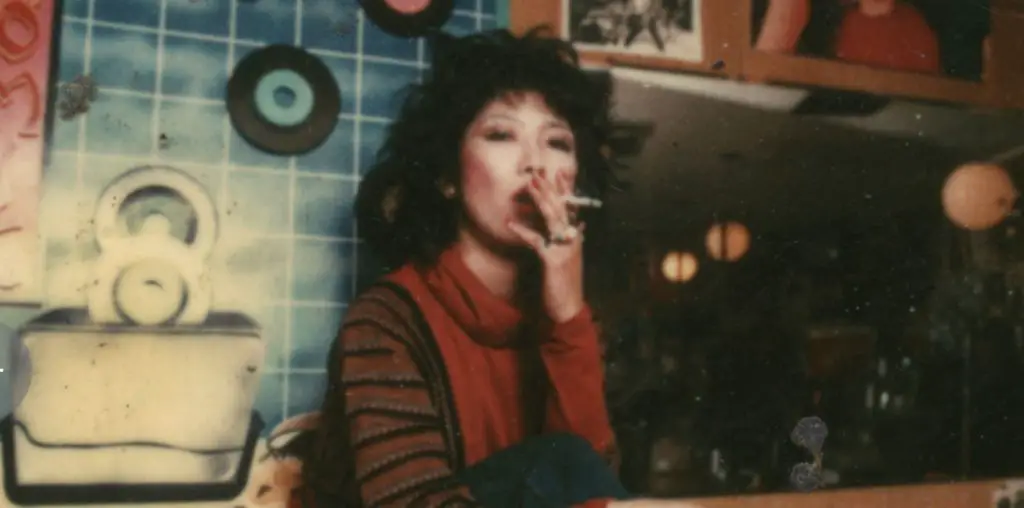
LOS ANGELES ASIAN PACIFIC FILM FESTIVAL 2020 REVIEW! Documentary Noodle Kid by Gary Shih and Ning Huo had me hooked from the very beginning. Not only from the story it tells, or how it tells that story, but just the access they had of their subjects was amazing to me.
Noodle Kid refers to 14-year-old Ma Xiang, who lives in Western China with his grandparents. His mother left Ma and his brother long ago because his father would beat her. His father is currently in prison with no prospect of getting out anytime soon.
At fourteen, Ma should be in school, living and playing like any other kid. His dreams are thwarted when his uncle arrives, and long story short, Ma’s father went to prison with a massive debt, and Ma is going to have to pay it off. The good news is if he works for his uncle at his noodle restaurant, he can pay off the debt in a few years and earn enough money to support a wife. The wife part is pressed pretty hard by his family, but clearly not a priority for Xiang.
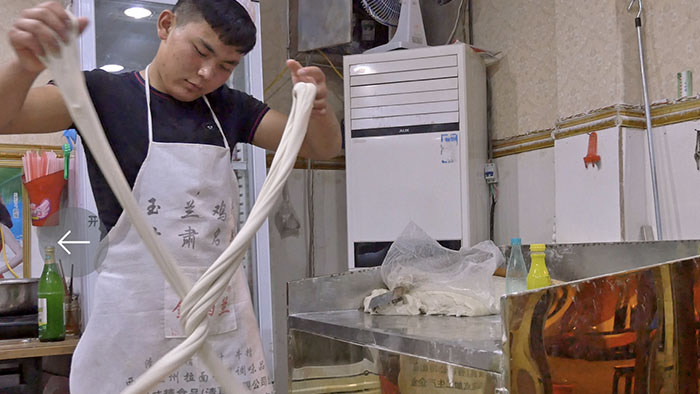
“…works for his uncle at his noodle restaurant, he can pay off the debt…”
Ma’s journey is a real and emotional one. Shih and Huo essentially capture poignant moments on that journey. Ma’s realization that he will be making noodles seven days a week for the rest of his life is absolutely heart-wrenching. During the final moments with his younger brother, Ma warns him that he better go to college and not end up like him. In a way, he’s doing this for his brother. We take the long journey with Ma to his brand, new life at the restaurant and his half-hearted attempt at becoming a master noodle-maker.
There’s also a side story to Noodle Kid. Western China is a predominantly Muslim community. Ma and his family are devout and their faith is important to them. Shih and Huo are intentional about how these traditions and rituals are incorporated into the story as part of their everyday lives. If Ma were not becoming a noodle-maker, his dream would one day become an imam. The treatment of Muslims in China is rarely documented in mainstream news and from China itself. While the documentary never gets political, there is a tense moment with Ma in public.
The one thing I kept thinking about while watching Noodle Kid was how this film was made? I have so many questions. How did the filmmaker find Ma and have enough sense to tell his story? Even more impressive was how open and honest everyone is in talking to the camera, not only Ma, but his grandfather and uncle were. The film is real. It is not a fictional story. Ma is going to make noodles for the rest of his life. He puts on a thin mask of bravery about his future and holds back his emotions and true feelings. But we feel it.
Shih and Huo’s film is about freedom and why we fight so hard to keep it. If not for Noodle Kid, no one would ever know who Ma Xiang is and how his destiny is in the hands of others. I believe the film’s point is that this is not just Ma’s story, but this story is typical for hundreds of thousands of kids in China today.
Noodle Kid screened at the 2020 Los Angeles Asian Pacific Film Festival.
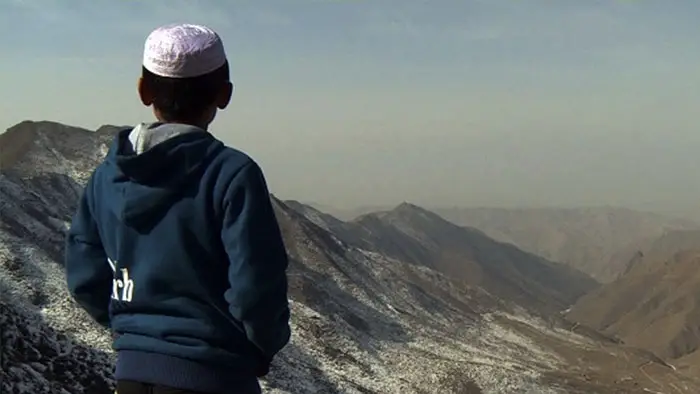
"…about freedom and why we fight so hard to keep it."
